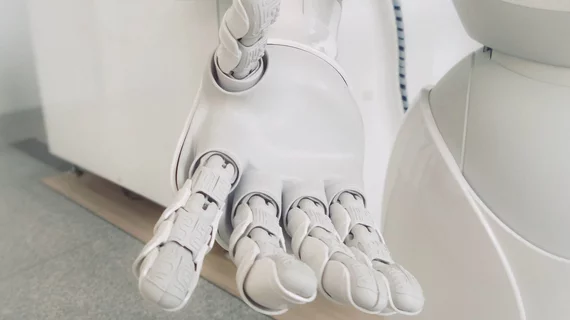Parents have mixed feelings about AI-powered surgery, virtual nurses
Would you allow AI-powered robotic systems to perform surgery on your young child? According to a new survey published by IEEE, parents all over the world have mixed feelings about such a scenario, with respondents from the United States objecting more than those from other parts of the world.
IEEE surveyed 2,000 parents of young children for the survey, asking how comfortable they might be in a number of different scenarios. All parents were between the ages of 23 and 38 years old, and their children were all nine years old or younger.
While 94% of parents from China said they would allow AI-powered robots to perform surgery on their young children. A majority of parents from India (86%) and the U.K. (51%) felt the same way. In the United States, however, just 46% of parents were comfortable with that scenario playing out.
AI-powered nurses were the topic of another survey question posed by IEEE. A majority of parents from the United States (67%) and UK (57%) said they would not be comfortable leaving their child in the care of an AI-powered virtual nurse. In China, India and Brazil, on the other hand, a majority of parents said they would be fine with their child being left in the care of an AI-powered virtual nurse.
Additional questions explored how parents feel about 3D-printed heart implants and pain management through virtual reality-powered headsets.
More information about the survey, “Generation AI 2019: Third Annual Study of Millennial Parents of Generation Alpha Kids,” is available on the IEEE website.

